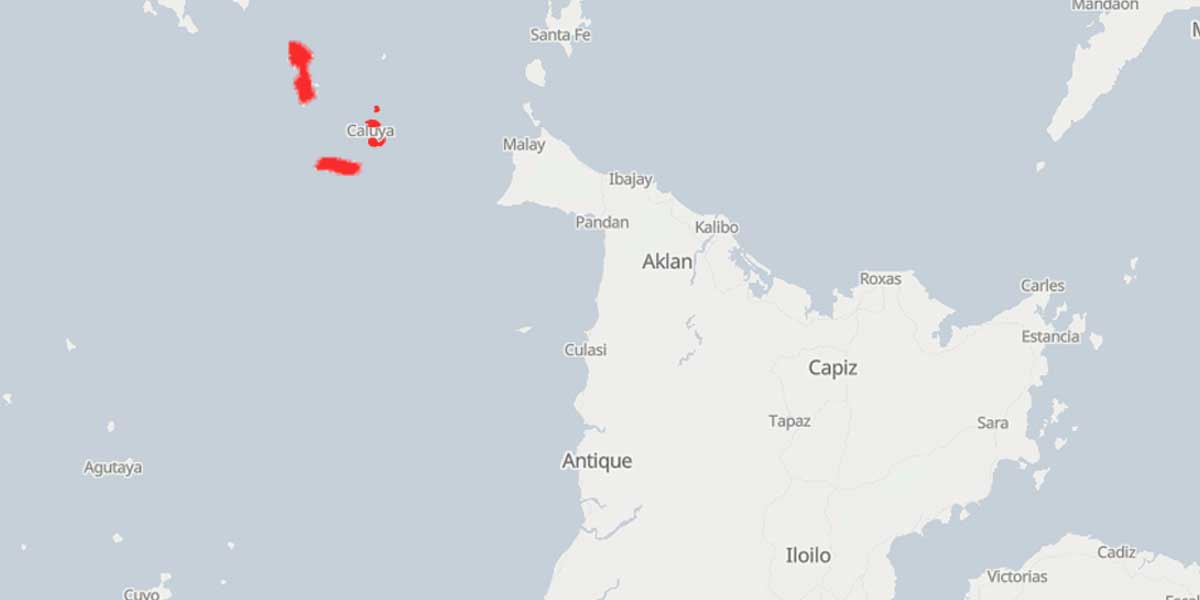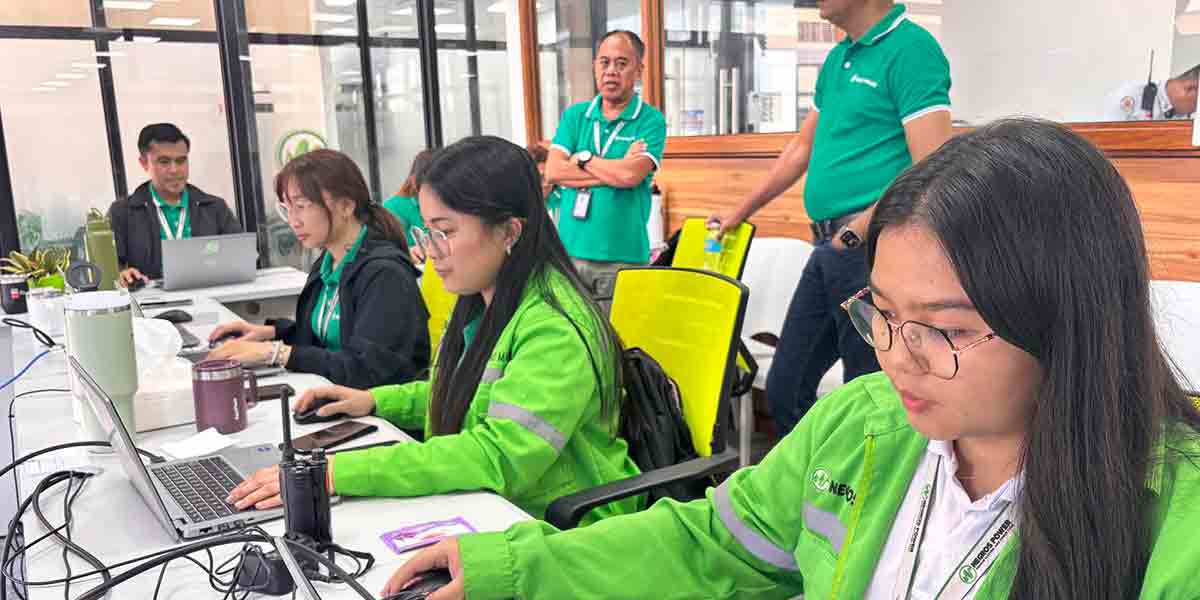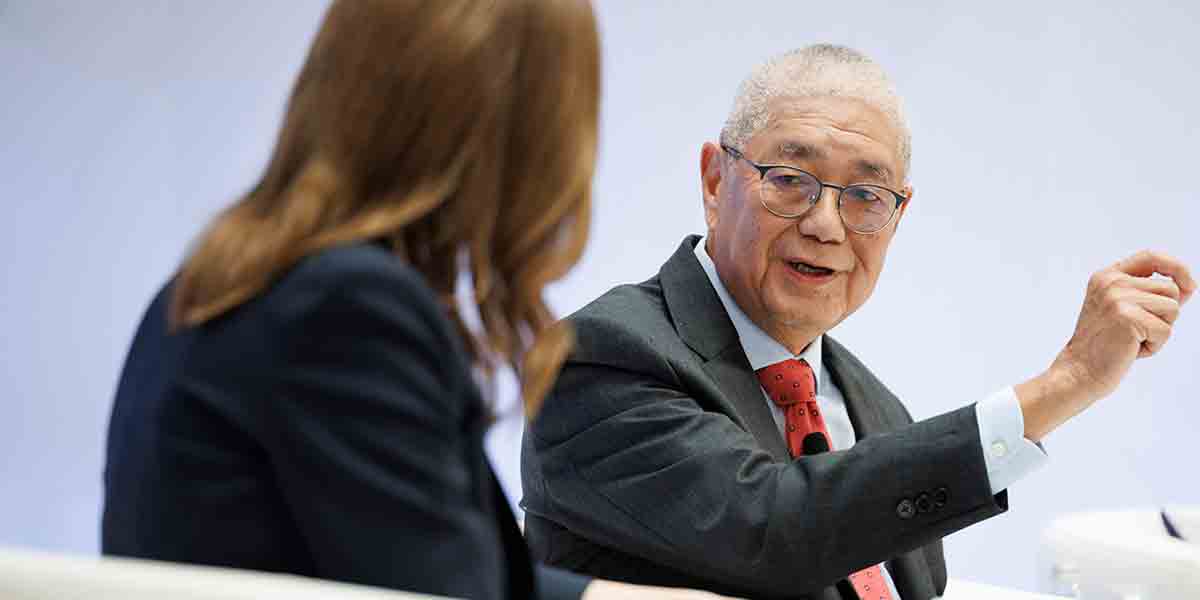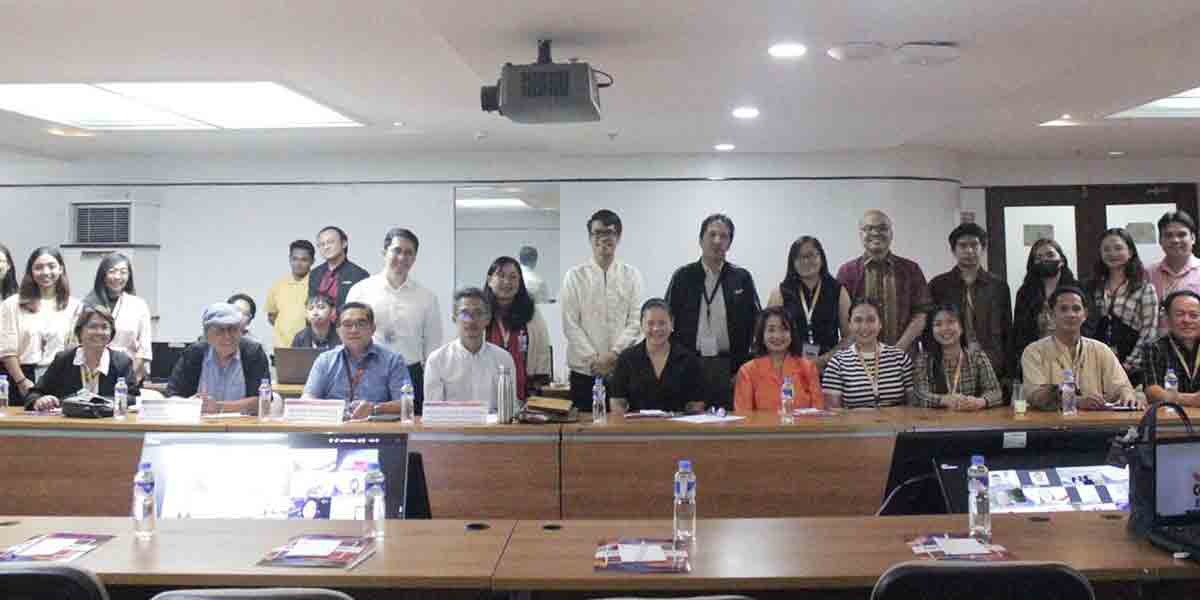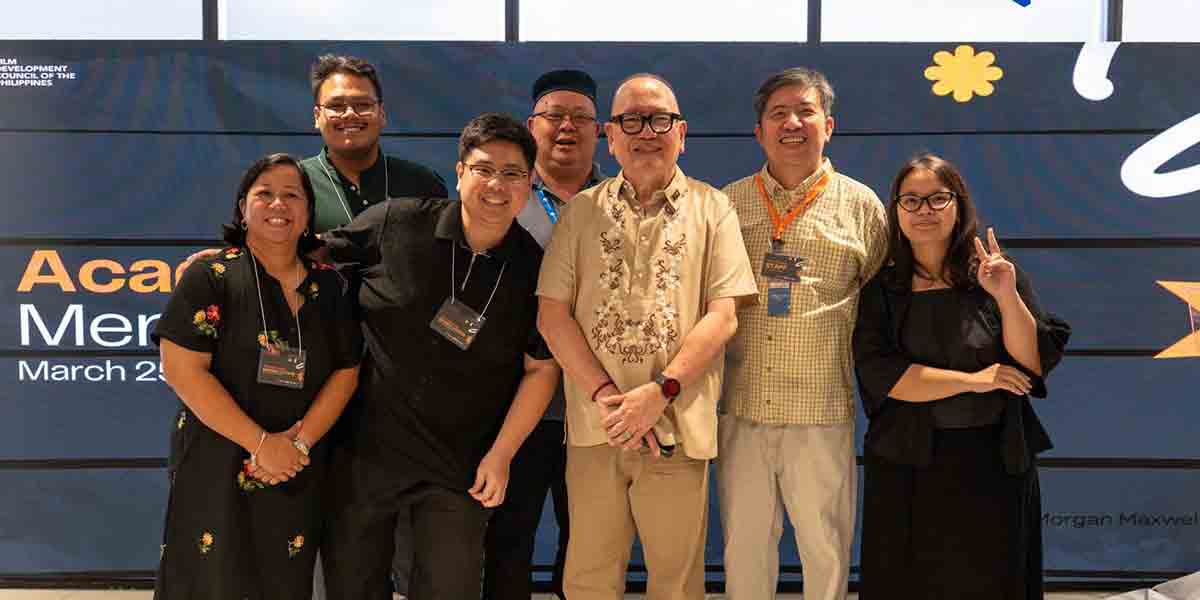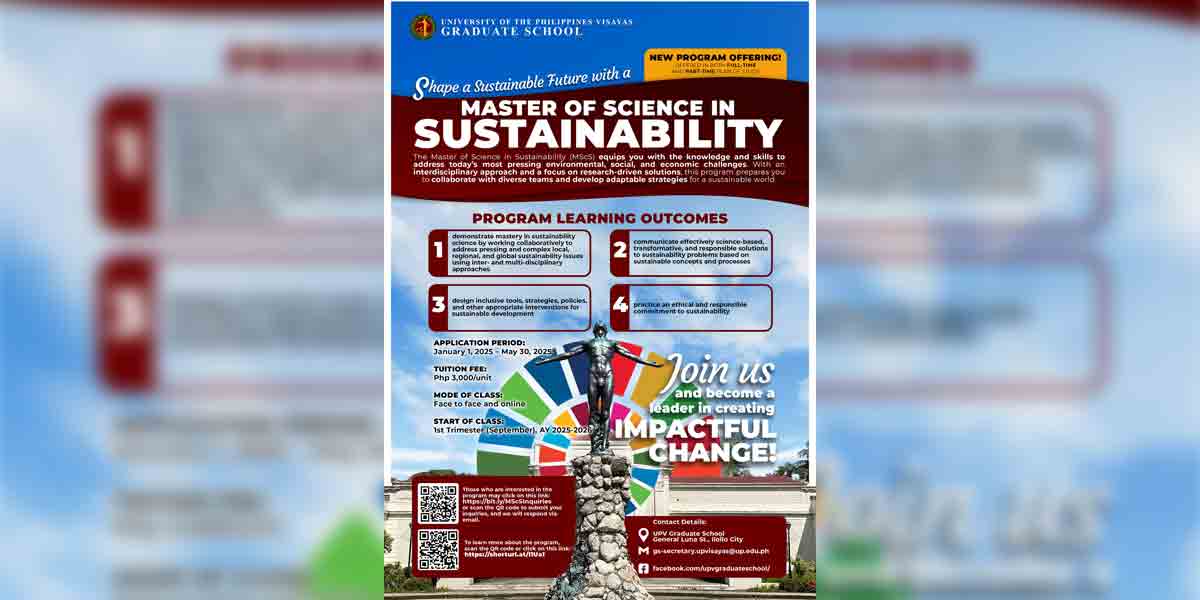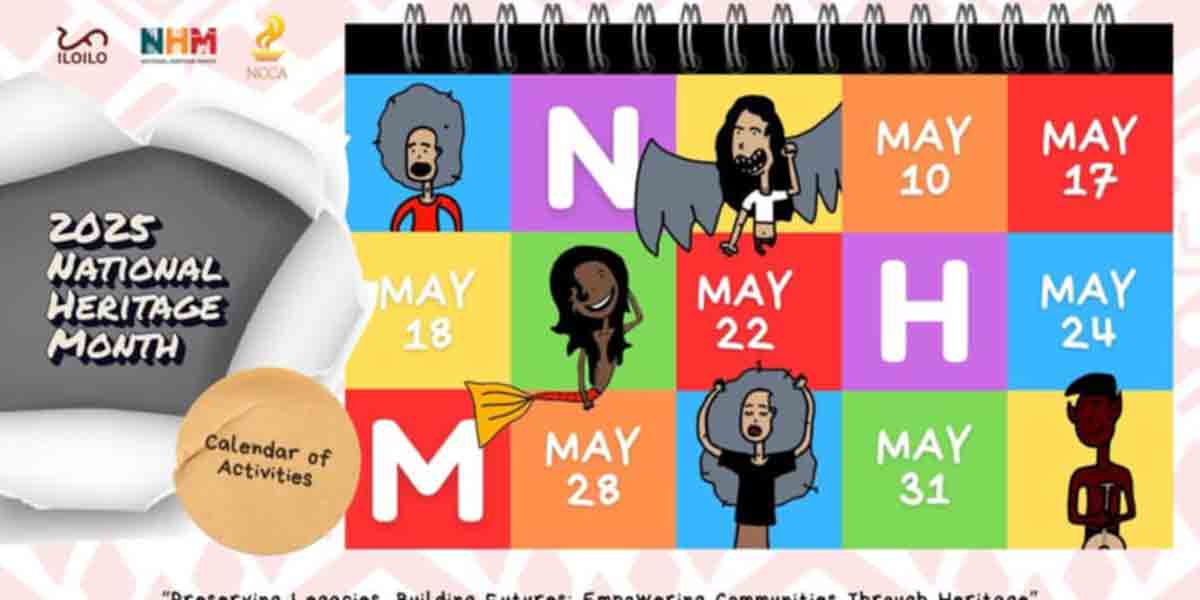 By Modesto P. Sa-onoy
By Modesto P. Sa-onoy
The House of Representatives has already started the process for the amendment of the 1987 Constitution. There had been several attempts in the past for this purpose but they all failed because the senators were against the proposal. Whether this time both Houses of Congress will come to terms is yet unclear.
Some senators, especially those allied with the President appear inclined to follow the lead of the House which is controlled by the President’s followers, not necessarily from his political party. Indeed, the congressmen receive signals from Malacañang on almost all matters of state.
The title of this column has two popular dancing styles. The cha-cha (also called cha–cha-cha), is a dance of Cuban origin, of fast movements and pelvic gyrations to music. Filipinos, however, adopted this word to mean Charter Change, a disparaging phrase generally expressing disapproval as if the nation is being led into a merry-go-round.
Mumbo jumbo is confusing or meaningless language. It is often used to express humorous criticism of middle-management, and specialty jargon, such as legalese, that non-specialists have difficulty in understanding. For example, “I don’t understand all that legal mumbo jumbo in the fine print.” It may also refer to practices based on superstition, rituals intended to cause confusion, or languages that even the speaker does not understand.
In the 1950s, the mumbo jumbo also became so popular that during the campaign for the presidency of Ramon Magsaysay, it became a party song with an adopted lyric, “Mambo, mambo Magsaysay…” That gave Magsaysay a lot of recall.
The politicians who want to amend the 1987charter are making the citizens dance the cha-cha-cha with a mumbo jumbo language, beautiful to the beat but dangerous and beclouded in content.
House Resolution No. 2 intends to insert the phrase “unless otherwise provided by law” to the constitutional provisions on national patrimony and economy, education, science and technology, arts, culture, and sports and on the general provisions, to give Congress flexibility to enact laws that would free up the economy to foreign investors.”
In effect, the provisions of the Constitutions on the listed matters will be subject to the whims or intentions of the Congress without need of amendment that the people will have to agree on.
At the hearing conducted by the House of Representatives’ committee on constitutional amendments, Interior and Local Government Undersecretary Jonathan Malaya, who is also part of the Inter-agency Task Force for Federalism and Constitutional Reform, presented to congressmen the alleged 555,610 signatures gathered during a roadshow promoting the merits of amending certain provisions in the Constitution.
Have you ever heard of a road show conducted by the DILG all over the country? If there was that must be among the local officials who are all under the supervision and control of the DILG and thus without the consent of their constituents. A “road show” by its nature is conducted with a lot of fun fare and publicity. But it seems to have been held in secret or “just among us, guys!”
The number 555,610 appears to be all the local officials, from governors to barangay officials but who heard of the “road show” or anyone of them consulting or telling their constituents about it?
The phrase “unless otherwise provided by law” is planned to be added to sections of Articles XII, XIV and XVI.
The committee chairman, Ako-Bicol Rep. Alfredo Garbin, said “These provisions have given rise to monopolies and oligopolies by some Filipino-owned industries at the expense of consumers. We should not be afraid to compete in today’s globalized environment. In any case, the removal of these restrictive provisions through constitutional amendments cannot prevent Congress, when faced in the future by changing circumstances and new challenges, from introducing restrictions for national security and other ‘national interest’ reasons once we have attained our foreign investment targets and have sufficient capital from our domestic savings.”
If the targets are the local monopolies and oligarchies, why not just define their limits to dismantle them, like an Anti-Trust law? Will not the foreigners serve their interest first and bleed the Filipinos dry?
Watch how history will repeat itself – why these provisions were in the Constitution in the first place!



